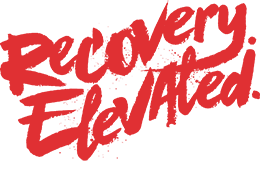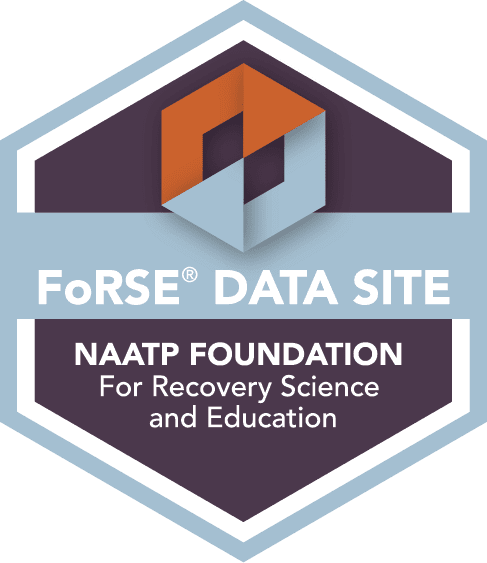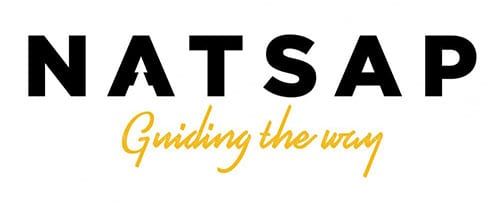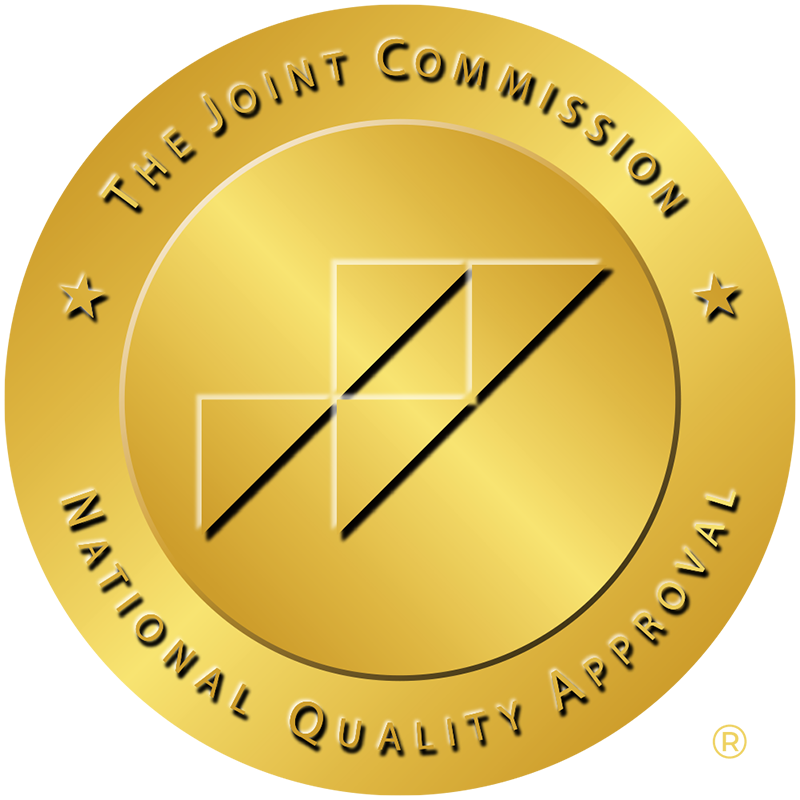Family Involvement
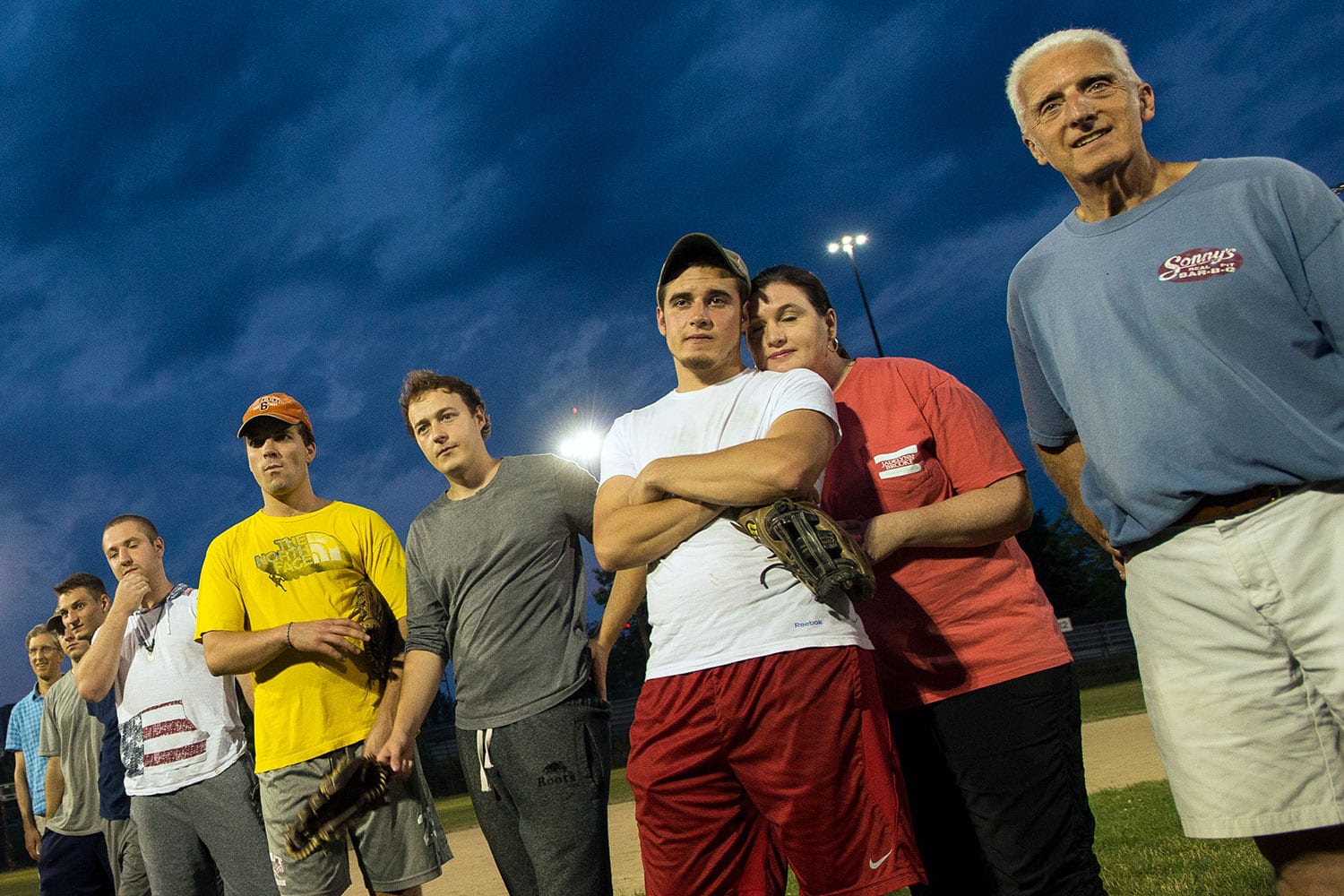
Research shows that young men have a better chance of long-term recovery and healing when they have the support of their family. To help our clients and families move toward healthy communication, boundaries, and self-care, we offer family therapy and support as part of our program. Family members gain important skills and insights that improve their ability to support their loved one, care for themselves, and actively participate in the treatment process.
Placing trust in us during a crucial moment in your loved one’s recovery is an immense decision, and we are deeply committed to that trust. It is with immense gratitude and awareness that we care for your son, husband, or brother, equipping him with vital tools for a sober life.
Your journey, running parallel to theirs, isn’t forgotten either. Recovery is a process best embraced by the whole family. The energy you invest to support your family member and, crucially, yourself is substantial and can make all the difference. While we focus on nurturing your loved one, we urge you to prioritize your well-being. At Foundation House, we balance family involvement with appropriate boundaries and independence, trusting this approach leads to a life of sober independence.
We engage the family on the following platforms:
FAMILY CHECK-IN CALLS:
- Family coaching is provided by the resident’s primary therapist. These calls provide the family with support on their journey, which is a parallel process to their loved ones’. The therapist provides psychoeducation on attachment and individuation, provides an understanding of the overall methodology and clinical practices at Foundation House, and provides the family with helpful resources to supplement their own recovery process.
BI-WEEKLY FAMILY SUPPORT GROUP ZOOM CALLS:
- Facilitated by Foundation House therapists, these calls include the parents of current residents and alumni parents to support one another in their own recovery process. The purpose is to provide a nurturing environment to share on topics such as self-care, healthy boundaries, communication, life after Foundation House, and more. Topics are family-driven.
FAMILY THERAPY:
- Family therapy is provided by the resident’s primary therapist when it is clinically indicated. Family therapy is scheduled after the resident’s initial stages of treatment, as this provides both the family and residents with an opportunity to focus on themselves, bolster their own recovery processes, and develop a plan of action for upcoming family therapy sessions. Topics frequently worked on in family therapy include improved communication styles, support for upcoming transitions, identifying and addressing family dynamics and patterns, and learning coping strategies and tools to prevent or manage future issues.
Resources we Recommend:
Do’s & Don’ts
Most families want to know how to help. Here are a few recommendations learned through our experience:

TO DO:
- Seek your own form of help through therapy, Al-Anon, workshops or family intensives.
- Be patient. Not only is recovery a process that involves the entire family, it takes time.
- Make taking care of yourself your first priority.
NOT TO DO:
- Call every day. We’ll keep you updated.
- Attempt to rescue him from unpleasant emotions or situations.
- Enable behavior that you know is dishonest, manipulative or self-harming.
- Send him additional money or gifts. All of his material needs will be met at Foundation House.

